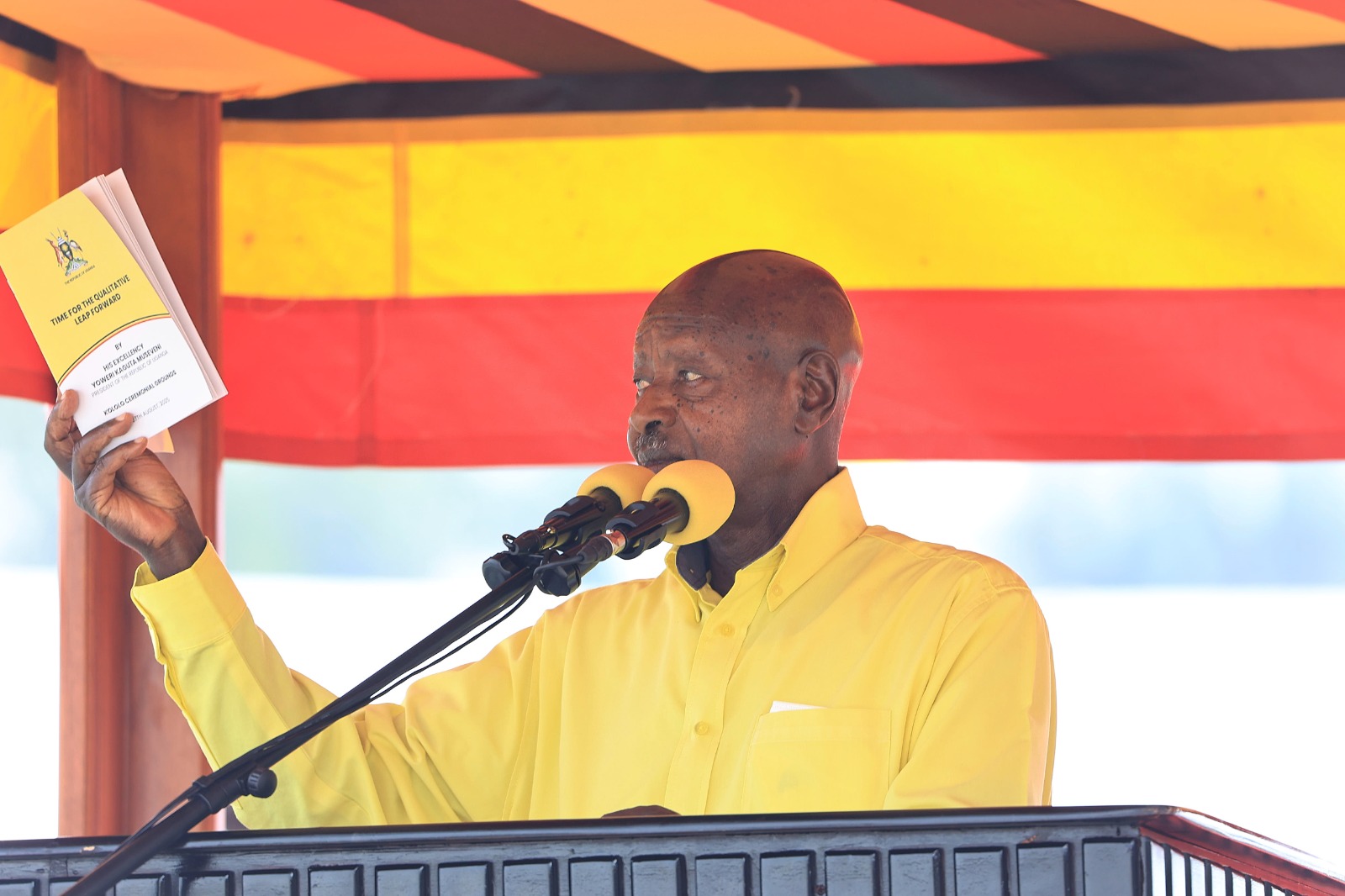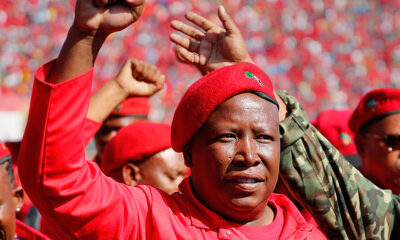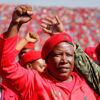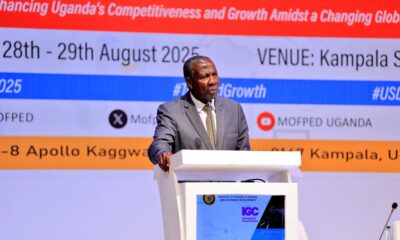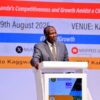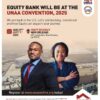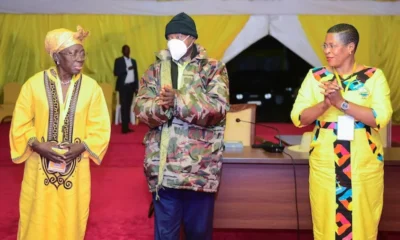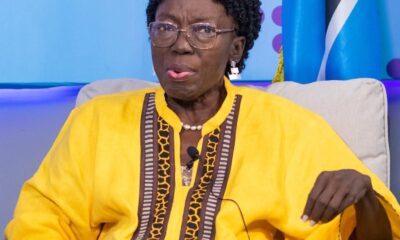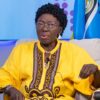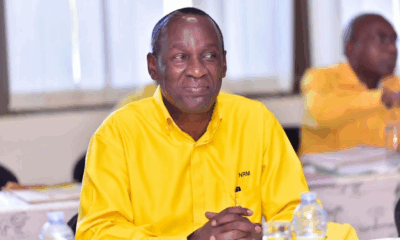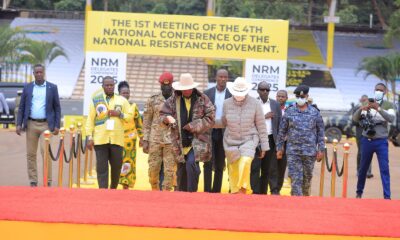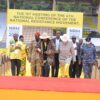Politics
NRM Endorses Museveni for 2026–2031 Term, President Outlines Vision for a $500 Billion Economy
The National Resistance Movement (NRM) has formally endorsed President Yoweri Museveni as the party’s presidential flagbearer for the 2026–2031 term. The announcement was made during the opening session of the National Delegates Conference at Kololo Independence Grounds, cementing Museveni’s role as both party chairman and NRM’s candidate in the upcoming elections.
In his acceptance speech, Museveni expressed gratitude to party delegates for their confidence and congratulated Hon. Hajji Moses Kigongo, a senior NRM cadre since 1980, for being elected unopposed to a top party position.
President Museveni reflected on Uganda’s economic history, recalling the colonial economy based on the “three Cs and three Ts”—cotton, coffee, copper, tobacco, tea, and tourism. He noted that by 1961, only 9% of households engaged in income-generating activities, with most surviving on subsistence farming.
He highlighted the economic collapse under Idi Amin’s regime, characterised by shortages of basic commodities, and outlined five phases of economic recovery and growth under the NRM:
-
Minimum Economic Recovery – Restoring key cash crops and defeating the black market.
-
Expansion of the Small Enclave Economy – Increasing production of traditional cash crops.
-
Diversification – Elevating crops such as maize, bananas, milk, beef, cassava, and fruits as recognized cash products.
-
Value Addition – Developing local industries in textiles, leather, furniture, and other sectors to maximize returns and create jobs.
-
Knowledge Economy – Investing in innovation-driven sectors, including electric vehicles and technology-based industries.
Museveni noted that Uganda’s economy has grown from $3.9 billion in 1986 to $66 billion today, with a purchasing power parity (PPP) of $188 billion. He stressed that the next phase is a “qualitative leap forward”, aiming to transform Uganda into a $500 billion high middle-income economy by promoting value addition and modern industrialization.
The President emphasized the need to transition Uganda into a modern, technology-driven society, highlighting seven guiding principles, with peace as the foremost. He noted that the NRM has maintained peace for over 40 years, a historic achievement in the region.
He drew a distinction between development (public infrastructure) and wealth creation (household-level economic activities), encouraging citizens to invest in agriculture, manufacturing, services, and ICT to build personal and national prosperity.
Museveni called on young leaders to embrace wealth creation, citing success stories of entrepreneurs applying his four-acre farming model—covering dairy, poultry, cassava, and value addition projects. He encouraged Ugandans to focus on building household wealth, sustaining peace, and supporting the NRM’s vision of a modern, high-income Uganda.
As the NRM gears up for the next elections, Museveni’s speech sets a clear agenda: leveraging technological innovation, value addition, and entrepreneurship to achieve a $500 billion economy, while consolidating the party’s long-standing vision for national development.
Comments



